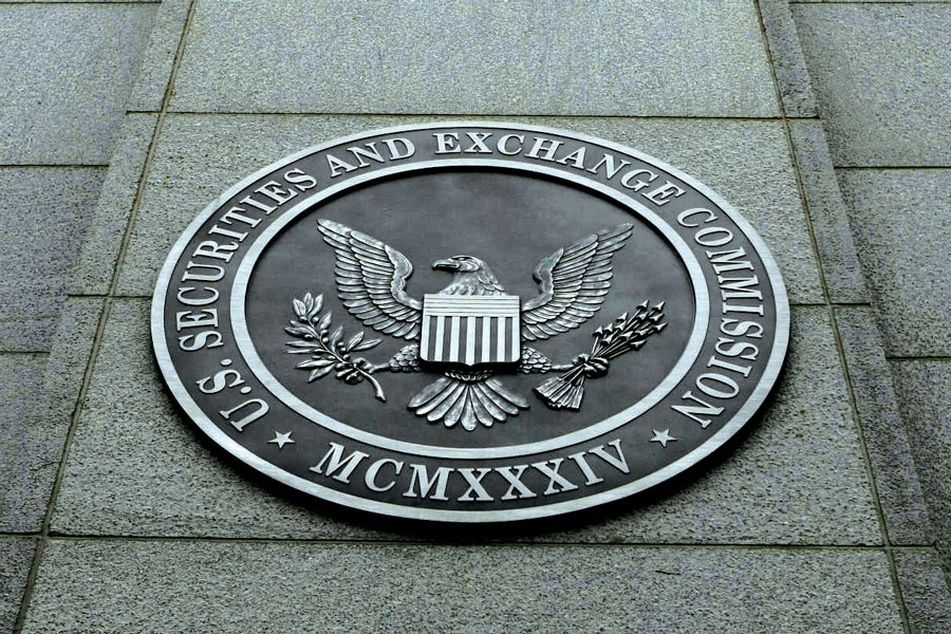Even with SEC guidance, advisers must decide when to disclose PPP loans

The regulator deems ‘material’ federal help to pay personnel who work with clients
Registered investment advisers who take federal loans to cushion the impact of the COVID-19 pandemic on their businesses should proceed carefully because doing so is now more likely to trigger a disclosure.
Earlier this week, the Securities and Exchange Commission released guidance regarding loans from the Paycheck Protection Program administered by the Small Business Administration. An RIA should disclose the loan if it has a material effect on the firm’s relationship with clients.
“If, for instance, you require such assistance to pay the salaries of your employees who are primarily responsible for performing advisory functions for your clients, it is the staff’s view that you would need to disclose this fact,” the guidance states.
Beyond the materiality disclosure, advisers would have to make a disclosure on Form ADV Part 2 if they are in a financial state in which they cannot meet contractual commitments to clients.
Like much SEC guidance, the suggestions regarding PPP loans don’t draw a definitive line on whether to advisers should disclose loans.
“We continue to think that it’s a facts-and-circumstances analysis,” said Gail Bernstein, general counsel at the Investment Adviser Association. “You need to look at your own relationship with clients and why you need a loan. It’s important to document the analysis and the process you’re taking in making the decision.”
In its guidance, the SEC used a disclosure example that goes right to the heart of the the loan program: keeping workers on the payroll. It doesn’t leave much space to take a loan and not disclose it.
“Advisers should err on the side of disclosure,” said Chris DiTata, vice president and general counsel at RIA in a Box, a compliance software and consulting firm. “The SEC has made clear it is a thin line to walk.”
Another compliance consultant is advising RIAs to avoid the federal loan program.
“Slam the brakes on taking that PPP loan,” Todd Cipperman, principal at Cipperman Compliance Services, wrote in a recent blog post. “This type of disclosure could raise real red flags especially for institutional clients already concerned about retaining a smaller money manager or adviser. Also, how long must a firm continue to make this disclosure once it admits it has financial challenges?”
The PPP loans are forgiven if recipients meet certain conditions, such as not laying off personnel. That could affect a disclosure requirement, DiTata said.
“Forgiveness of the loan would constitute a significant change in circumstances that would allow an advisor to evaluate whether the forgiven loan is material to clients,” DiTata said. “There’s no definitive [SEC] guidance, but there’s an argument to be made for that.”
Most advisory firms are small businesses, so the SBA loans are targeted at operations like theirs. Or the nearly 13,000 registered investment advisory firms in 2019, 56.9% reported employing 10 or fewer non-clerical employees, and 87.5% reported employing 50 or fewer, according to an IAA report.
But the SBA has tightened eligibility criteria for PPP loans, including rules for hedge funds and private equity firms.
“It’s really important to pay attention to that SBA guidance,” Bernstein said.
Learn more about reprints and licensing for this article.








